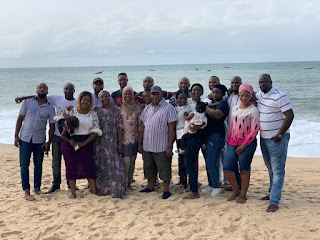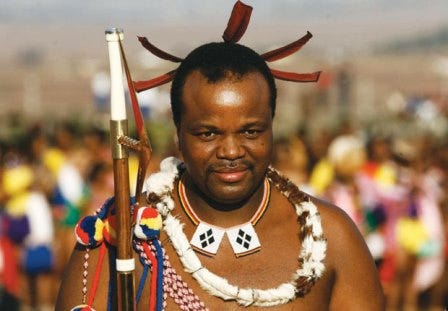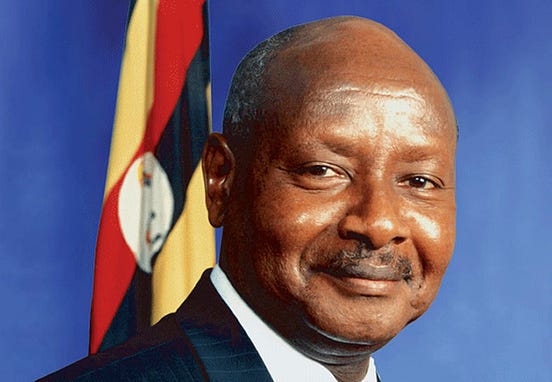Covid-19: Ivory Coast registered 30 new cases bringing to 1,730 the number of confirmed cases including 818 cured and 21 deaths. (Official)
School holidays scheduled from August 14 to September 13, 2020 and the next school year on September 14, 2020 (Official)
Construction of the 4th bridge: the second phase of the evacuation operation in progress in Boribana
Presidential 2020: the Ivorian government is working to organize the election on October 31, 2020, despite the impact of Covid-19 on the electoral process (Spokesperson)
Gaoussou Touré, Minister of Promotion of Rice Cultivation will be the guest of LA TELE D'ICI this Monday, May 11 on NCI from 6:45 pm
Electricity: Ivorian senators adopt the bill ratifying the ordinance on the PEPT Fund
Félix Houphouët Boigny University Launches Online Course Program
Presidential 2020: Ivorian opposition judges “the 14-day deadline unrealistic” to draw up the electoral list
Covid-19: a donation of more than 20 million FCFA from the institutions of the Republic to the Ministry of Health
Covid-19: Ivorian government monitors cash transfers to vulnerable households
Minister Anoblé Félix launches the activities of the SME Guarantee Fund
COVID-19: Easing of provisions inside the country Populations are putting themselves in danger of death
Resumption of classes in educational establishments: the ministry informs its social partners of the adjustments made
COVID-19 Solidarity: the PDCI-RDA makes donations to its delegations and to students of all political stripes
Electoral process and revision of the electoral list: the Ivorian opposition makes proposals to the United Nations
Fight against COVID-19: The CFAO Group makes a major donation to the INHP
NIGERIA
Bayelsa Intercepts Two Busload Of Almajiris
»Ike Ekweremadu Turns 58 Today
White House Staffers To Wear Face Masks In West Wing
Hazard, Ramos, Bale, Modric And Others Resume Training For Real Madrid
Kano Records 6 More COVID-19 Deaths
Ondo To Prosecute Violators Of COVID-19 Guidelines Via Mobile Courts
Kano Government Extends Lockdown By One Week
COVID-19: We Have Madagascar’s Herb Extract In Nigeria — Osagie Ehnaire
COVID-19: FG Lists Lagos, FCT, Kano, Ogun, Kaduna, Sokoto For WHO Drug Trials
COVID-19: 242 New Cases Reported, 124 Discharges And 10 Deaths On May 11
Catholic Church Donates All Its 425 Hospitals In Nigeria As COVID19 Isolation Centers
"Cases Would Have Reduced If Others Were As Proactive As Wike" - Total E & P
Anambra & Delta Police Commissioners Storm Head Bridge Onitsha (Pictures)
'Living In Bondage' Actress, Chizoba Bosah Is Dead
COVID-19: Ekiti Discharges 5 Patients, Expands Isolation Centre
Lagos Discharges 33 More Coronavirus Patients
Lockdown: Landlady Calls Police For Tenant Who Insisted On Going Out
COVID-19: Football Club, Besiktas Installs Disinfection Cabinet On Training Ground
Coronavirus: Britons Told To Wear Face Masks On Public Transport
"Chinese Don’t Want Africans In China" - Abike Dabiri-Erewa
COVID-19 Cure: FG Yet To Show Interest In Our Drug – Prof. Iwu
Several Sailors Killed After Iran Missile 'Accidentally' Strikes Own Ship
Ondo Records First Coronavirus Death
Wike Announces Temporary Lifting Of Lockdown For Residents To Restock Foodstuffs
China slams New Zealand over Taiwan support
France eases out strictest coronavirus lockdown
China sacks Wuhan official over new COVID-19 cases
Putin to address Russians as country sets new daily virus record
Top aide to DR Congo president goes on trial for corruption
Bundesliga teams in isolation ahead of season restart
Ramos, Rakitic, Cala support return of LaLiga
STAY SAFE
HAVE A BLESSED DAY
ACCEPT JESUS CHRIST TODAY




























